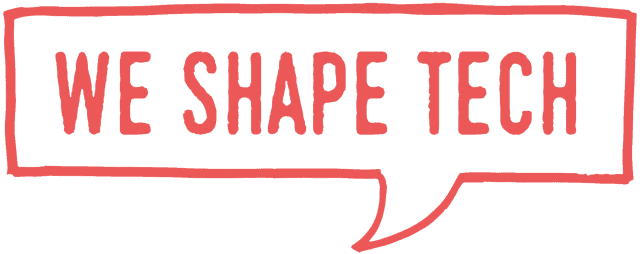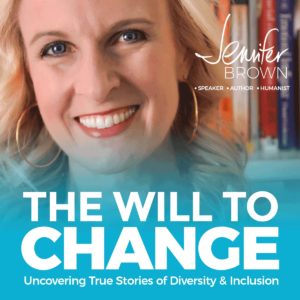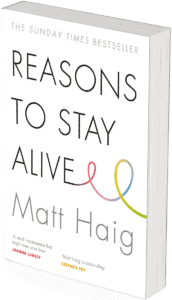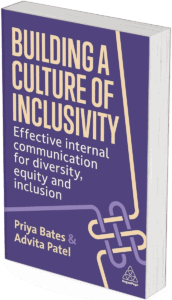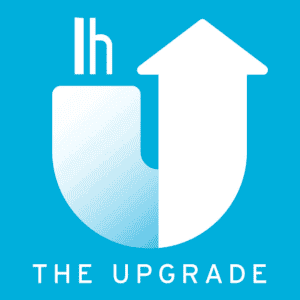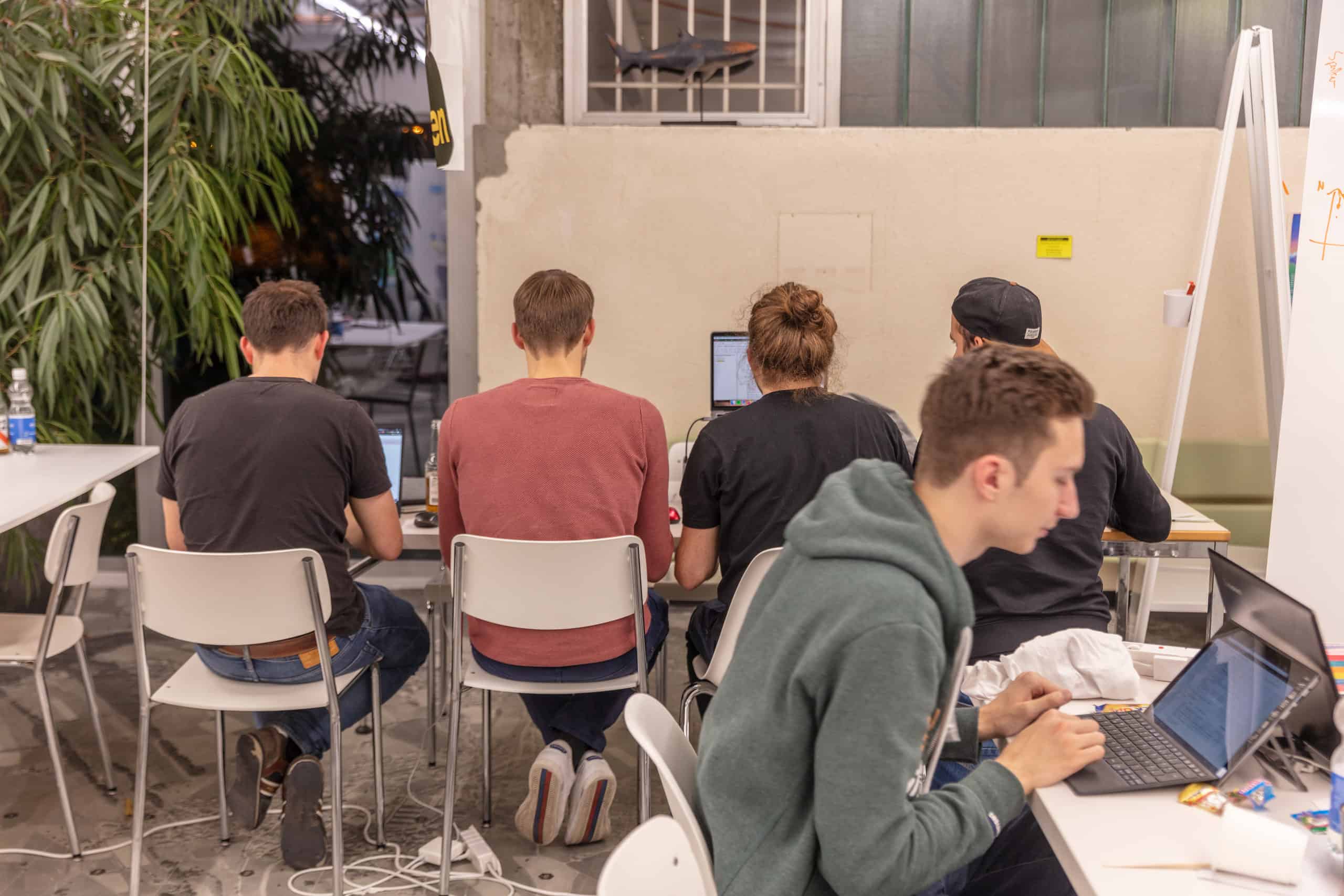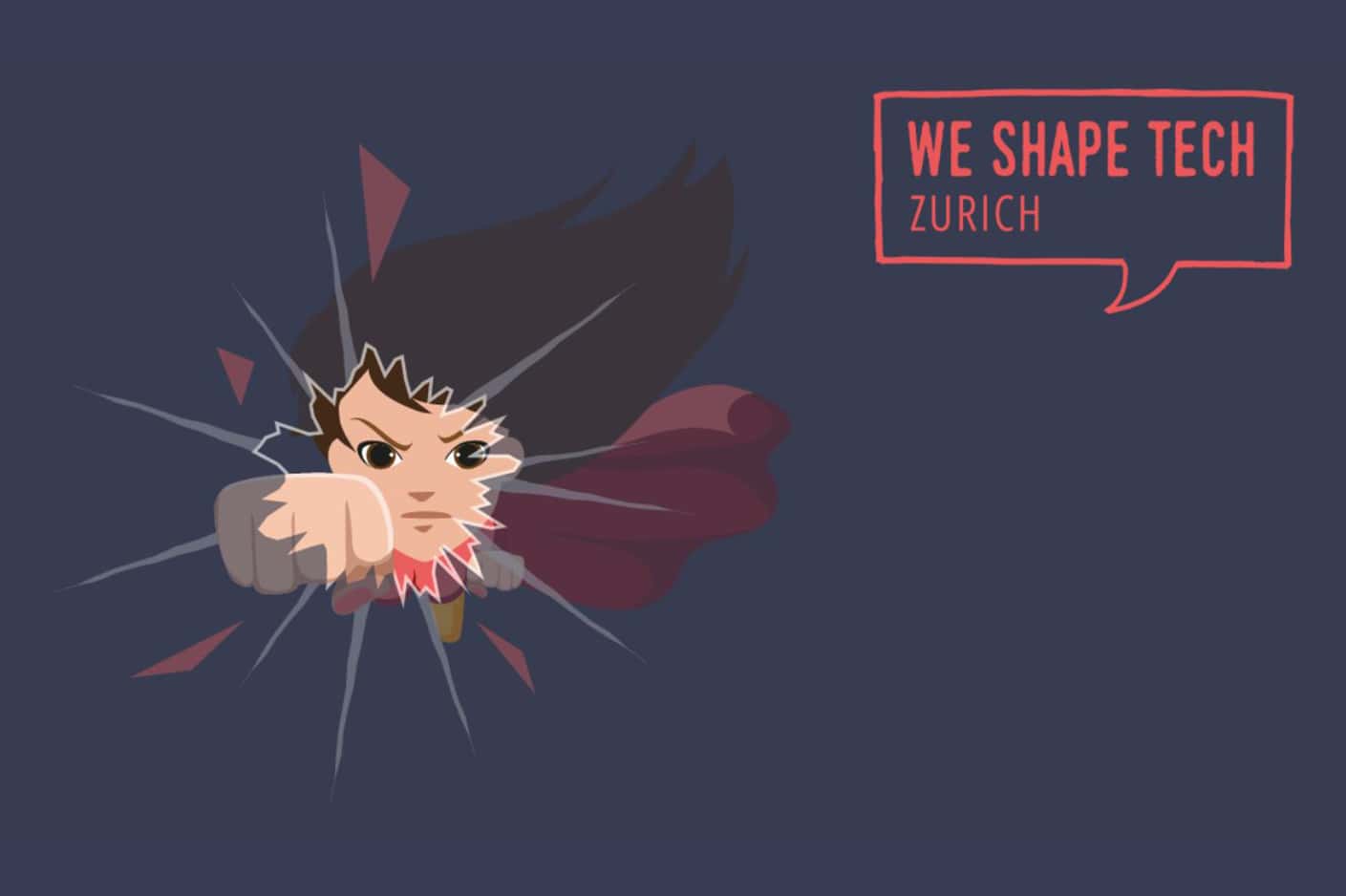Every month we ask one individual in our network a few questions about their way into tech, their motivation and their lessons learned.
Let’s start from the beginning. Tell us about where you’re from!
I was born in San Diego, California USA to Mexican parents, raised after age 11 in the Boston, Massachusetts USA area, and lived there until I left for university to the University of North Carolina at Chapel Hill. While I was based in the United States for my education and upbringing, I acknowledge that the first move I did and the consequent ones after it, made me feel free in being able to choose my own path and home. Since then, with the help of some welcoming good samaritans, I have been able to make community in the many places I live.
I went back to work in Boston for over a year and a half, where I was excited to work for Boston Public Schools on data analytics. When I realized that I most enjoyed automating my work and working close to data, I went to work for three years in Los Angeles, California USA, as a Software Engineer/Data Engineer working on ETL, entity resolution and annotation pipelines/systems. I always knew I wanted to explore healthcare, and the impact technology can have on it, and I decided to move to New York, where I was for over four years working in healthcare technology in New York, NY USA, mostly focusing on backend systems with a sprinkle of data engineering here and there. Now I found myself in my newest (and very beautiful) home base in Switzerland working on ERP data at BLP Digital where I work as a Senior Software Engineer on the backend team, helping to scale up our system, and help build a system that provides insight for a wide number of heterogeneous use cases and data models.
What valuable advice did you get from your parents?
A piece of advice I received from my parents was “Do what you love and success will follow”. My father is a painter in the visual arts and my mother is a neuro electrophysiologist researcher, and I think that they both felt immense gratitude to have found their life passions in their work and found joy in the hard work they constantly put in. This advice has shaped the work that I have done and pursued. If I am not doing something that on a granular level, I do not love, then chances are high that I cannot be as successful as I can be doing it every day vs something that I might love more.
How did you become interested in tech?
I have had a bit of a round-about journey into tech from early on. When I was younger, I wanted to be a professional classical ballet dancer, so much so that when I graduated high school at 16, much to the concern of my parents, I did not seriously apply (nor agree to attend) any universities. All I wanted to do was dance and I certainly was not ready to attend a university. I took the year following graduation to understand if that style of life was what I wanted, and I found it challenging to put my self-worth and self-image in the hands of an art form that could often also feel so subjective.
I received some excellent advice from a mentor at the time that said, “no decision is ever final” and with that piece of advice, I tentatively decided to go to UNC Chapel Hill in North Carolina, not sure if at any moment, I would want to necessarily continue on the clear-cut path of university studies.
When I started at university, I sought the things that challenged me the most, and I was deeply hungry, wanting to take advantage of everything that this new life had. If I had given up this other part of myself to be here, I might as well make it worthwhile. I loved the way economics made me think and structure the way aggregate actors moved resources, and the way math made me think of logic in its purest form, so I decided to concentrate on both.
When I wrote my thesis at the end of undergrad, I wrote it with an Applied Math Professor that did really interesting and interdisciplinary work on Graph Theory, and I applied that to a problem in Game Theory. I ended up having to do a bit of (heavily non-optimal) coding to get anywhere, and in the process realized I enjoyed that bit of challenge. When I left university, I decided to apply that to more data analysis and reporting automation work at first, and the rest was history!
Can you share more about your current job role and the mission of your employer?
I currently work at BLP Digital as a Senior Software Engineer, and I was attracted to the company because of the impressive product-market fit, the grit with which we tackle any problem, and because of the team culture where we are incentivized to own our work and work hard to not let each other down. At BLP Digital I have been able to work on and own aspects of our analytics system that help us and our clients understand how we are succeeding in document automation, and where we might be able to do better. I also have started thinking a bit more critically, about how we might scale the performance of our system, and just generally, scale it for larger amounts of users and even more data heterogeneity. I have been empowered to own my work and my impact as we continue to scale, and it has made for a fulfilling experience.
How does your unique background influence the work you do today?
My creative background makes me constantly question how I can look at a problem through that of a different user, a different perspective, or sometimes a different discipline. I draw the most inspiration and understanding from comparing problems across industries or disciplines, and sometimes, if I am lucky, from past industries or disciplines I have worked in. Fundamentally, we all are trying to solve very similar problems when it comes to first principles. The question is, if we are able to see those similarities, so that we might continue to draw a smarter path and learn from wiser people that have already solved a similar problem.
A lifelong passion for the arts and artistic expression has been so important to my life and shapes the way I conduct my work. Whether it is a new painting, music, literature, or a new choreographic piece, it has challenged me to think about the plight of others in a way I would not have naturally considered otherwise. They challenge me to expand my empathetic lens in narratives that center around others, and in doing so, challenge me to expand my empathy in the tech I build or the impact I constantly seek to make.
How do you see diversity shaping the tech industry, and what challenges do you think still need to be addressed in fostering a more inclusive environment?
The dialogue surrounding diversity has continued to evolve so much in the past couple of years, and especially recently. There have been explicit targets at the bottom of the interviewing funnel for example, that companies have set to increase the diversity of candidates that make it to the offer stage. My understanding is that many companies are now shifting away from that, with the bit of backlash that has come against many styles of diversity initiatives. People benefit tremendously from working with people that they can identify with as colleagues, managers, and leaders. I know I have. To be able to achieve this, we need to have more different types of people making it through the hiring funnels, and more people wanting to be there in the first place. We also need our colleagues that are well-represented to also stand up in acting as mentors, advocates, and relatable leaders to diverse populations.

The challenges in Europe, and so far in Switzerland, are somewhat different from what I personally experienced in the US market, but something that I have seen both markets could benefit more from, is continued and increased support for working fathers. Thankfully, making workplaces amiable to working mothers in tech is important in both markets, but I think there is room for growth in making the workplace a supportive place for fathers too. I really enjoy learning about policies for non-birthing parents that welcome and encourage them to take their full (and ideally, equally generous) leave to be a caretaker to their newborn child and support the birthing parent.
Have you ever had a role model that inspired you on your path?
I have had so many role models that I have crossed paths with that have come from so many different life experiences and identities.
Many are former managers, colleagues, former C-suites, professors, founders, and also my parents and brother that I was thankful to have worked with, or in the latter, have grown up with. They are hard-working, smart, thoughtful, and always act with so much integrity.
I often think of a former CEO I worked under who, at different instances, I had disagreements with. Throughout that process, before and after, he never made me feel unheard. He has been one of the best listeners I have ever worked under.

What aspects of your work are you proudest of?
I try to work with integrity in every part of my life, and work is a big part of that. I have worked hard in all of my workplaces in support of those that I think are working hard to drive impact, and those that are there to support their growth.
As an engineer, I take pride in the work that has a frontline impact on the way internal or external customers might interface with a product, and I find it satisfying when I am able to find a customer need via certain degrees of user exposure, and be able to make that need into a new feature or product change. It is fulfilling to make the day-to-day job or technical experience of real people more efficient, easier, or seamless.
What drives you at work?
I love the feeling of making a real impact that affects a user’s day-to-day experience and consequently, a company’s ability to make an indelible impact on the market they are trying to serve. We all, no matter the discipline, are on a mission to somehow, change an aspect of the world we live in, and I think about that every day and ask myself how what I am doing is changing that.
I am trying to constantly evaluate how I can do better to continuously make more, and better impact.
What has been your toughest challenge you faced while working in tech?
As a software engineer, I work with a set of skills that can help make people’s jobs easier, and in some cases, deeply shape the economic atmosphere or labor market, or the way we interact with each other for generations to come. That is a big responsibility and one I do not take lightly.
I am constantly asking myself, given my skillset right now, my strengths, my weaknesses, and how I would like to grow, where is the greatest impact I can have? Given the many different roles, I can have as a technical person, which one plays best to what I am good at, and how I think I have room to grow? Which route helps me get closer to the types of impact I would like to have? What is the impact I’d like to have on society through the technology I build?
Evaluating all these questions, constantly, at any given point in time is a hard thing to do, and they sometimes are in conflict with each other. There is so much opportunity in tech, but it can be very hard to navigate the best path to take.
Do you have a favorite book or podcast?

I am a big fan of Ben Thompson’s Stratechery for a lot of things tech-related. He gives some of the most solid analyses on technology, the business of technology and media that I have been able to find to-date, and he works with a strong journalistic ethical code that I think is valuable (and sometimes rare) in his line of work.
On a lighter note, I do really enjoy reading memoirs and fiction, and one of my favorites is Isabel Allende’s La casa de los espíritus.
What advice would you give other women in tech?
Surround yourself with colleagues and a mission that brings out the best in you. If you find yourself becoming less than that or a different version of yourself that you do not recognize, or is not challenging you on multiple dimensions, notice that and know that you are never “stuck”. There are always options to change or grow no matter the environment you find yourself in, the question is, which option will you choose, and will you commit to what it takes to get you there?
And what advice would you give women not yet working in tech that want to enter the field?
The tech industry is especially lucky to be in the business of solving broad or complex problems for myriad industries. This means that…

You can bring a potential source of impact that might have otherwise been overlooked, and if you are able to back it up with data, you can oftentimes really sway things in one direction or another.

